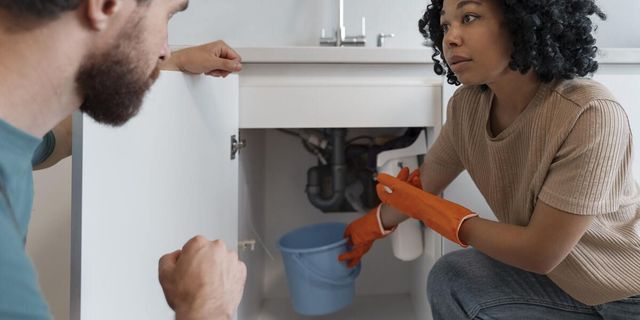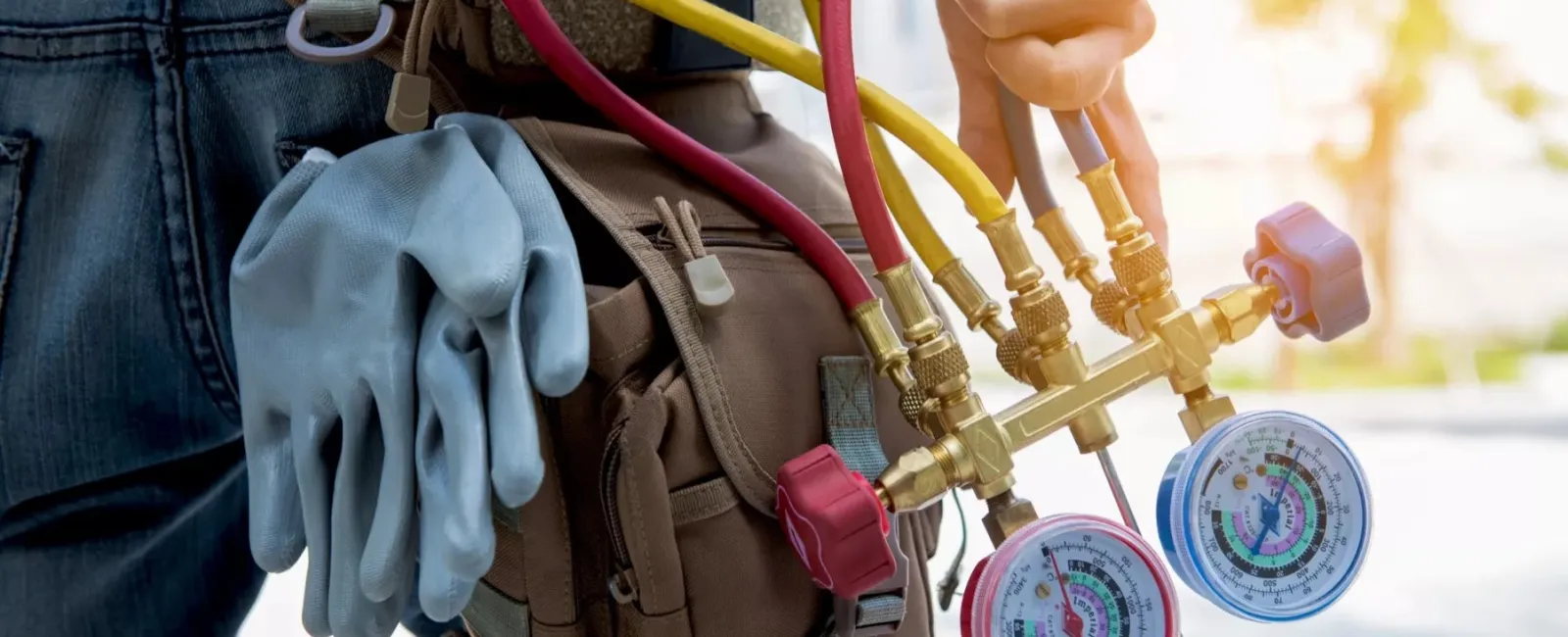Urgent Plumbing Fixes: Actions to Follow Until Help Arrives
Urgent Plumbing Fixes: Actions to Follow Until Help Arrives
Blog Article
How do you actually feel in relation to What to Do During a Plumbing Emergency?

Pipes emergency situations can strike any time, triggering anxiety and possible damages to your home. Whether it's a ruptured pipeline, a clogged up drainpipe, or a leaky faucet, knowing how to handle the circumstance up until a specialist plumber arrives can save you from additional problems. This post supplies crucial emergency situation pipes tips to aid you mitigate damage and regain control during a plumbing crisis.
Turn Off the Supply Of Water
The initial step in any pipes emergency situation is to shut off the supply of water. For local concerns, such as a dripping faucet or toilet, shut off the shutoff near the component. When it comes to a significant leak or burst pipe, find your home's primary water shut-off shutoff and transform it off immediately. Knowing the location of these valves in advance can conserve useful time throughout an emergency situation.
Address Tiny Leakages with Short-lived Solutions
Small leaks can quickly become considerable issues if left untreated. Utilize these momentary repairs up until expert assistance gets here:
While these solutions aren't irreversible, they can aid lessen water loss and damages.
Unclog Drains Safely
A clogged drainpipe can be an irritating and untidy problem. Right here's how to tackle it:
If these techniques don't function, prevent using too much force, as it may get worse the obstruction.
Manage Overflowing Toilets
An overruning toilet can create instant mayhem. Below's what you ought to do:
Shut down Your Water Heater
In certain emergency situations, such as a burst pipeline, it's smart to shut down your hot water heater. This prevents overheating or damages to the unit when water stops moving. Shut off the power supply to the hot water heater (electric or gas) and allow it cool to prevent possible risks.
Momentarily Stop a Burst Pipeline
A burst pipeline can lead to significant water damages in mins. To reduce the concern:
Call an expert plumbing technician quickly to address the problem permanently.
Handle Frozen Pipeline Carefully
In colder climates, frozen pipelines are a typical emergency. If you suspect an icy pipeline:
Prevent More Damages
Taking fast activity to decrease damages can conserve you money and time in the long run. Below's how:
. Have an Emergency Situation Plumbing Set
Prepare a standard plumbing emergency package to deal with small issues properly. Your set needs to include:
Having these tools accessible can make a considerable difference in your capacity to handle emergencies.
Know When to Call a Specialist.
While quick fixes can help momentarily, certain pipes issues call for instant specialist interest. Call a plumbing if:.
Quickly contacting a specialist guarantees the concern is fixed correctly and protects against additional complications.
Final thought.
Pipes emergency situations can be overwhelming, but with the appropriate understanding and tools, you can take care of the circumstance effectively till assistance gets here. By shutting off the water, attending to small leakages, and using temporary repairs, you can reduce damages and keep your home safe. Remember, these pointers are short-term solutions; constantly speak with an accredited plumbing to manage the root cause of the trouble. Preparation and fast thinking are your ideal allies in any type of pipes emergency.
8 Helpful Tips for Managing Plumbing Emergencies at Home
If your plumbing system hasn’t failed once, wait for it because almost everyone has a story to tell. Sometimes, it could be simple emergencies such as a leaking pipe, a blocked cistern, or even a big burst pipe. In situations like this, you need to have some handy tips to save you some money and from possible damages.
Take care of minor issues early.
Sometimes, you could have avoided an emergency by taking proactive measures while it was still early. Some major plumbing emergencies can be a result of an ignored minor issue. We recommend that you have items like plumbing tapes and other related items. A plumbing tape can allow you to manage minor leaks before the plumber arrives.
Cut off the water supply.
This tip is essential in almost any type of leakage problem. For problems like minor leakages in the toilet or kitchen, turn off the supply that takes water to the affected pipes. If the leakage is a major pipe, you must shut off the supply valve to the entire building. This will help you avoid flooding your home and neighbors if you share a flat.
Know your plumbing system
Folks typically move into a new apartment without understanding the water supply around the building. This can prove disastrous if a water emergency arises and the plumber is far away. The previous tip will prove useless if you don’t practice this one. More importantly, know where your water shut-off valve is located – you’ll need that knowledge to prevent potential home floods.
Have some common handy tools
There are lots of plumbing emergencies that you can handle without hiring a plumber. That’s why you must keep some tools available always. Some tools that you can use to fix simple plumbing emergencies easily include plumbing tapes, screwdrivers, thread seal tapes, plungers, pliers, tape measures, and rubber gloves.
Insulate your pipes from cold
You’ll save yourself from many plumbing expenses if you protect your water pipes from the cold. This is because of the harmful effects that cold weather can have on your pipes. During winter, your pipes can burst from being overly expected to freezing temperatures. So, make sure insulators are there to keep the pipes working correctly.
Avoid practices that will clog your toilet.
Many people indulge in practices that can damage the plumbing system of the entire building. One of these is when they use their toilet to dispose-off garbage. They flush all kinds of things, such as paper towels, bandages, hairs, female sanitary products, etc., down the toilet. This will block your toilet in the long run, incurring unnecessary expenditures. Dump such waste in the trash instead.
Check your dials regularly.
Sometimes, there could be leakages in your home without noticing them in time. So, constantly monitor your water meter dial. If the dial is reading when there is nobody using water, this is an indicator that there is leaking. Check for leaks immediately. Call a plumber as soon as possible if you can’t find any.
https://www.constructionplacements.com/8-helpful-tips-for-managing-plumbing-emergencies-at-home/

As an avid reader about What to Do During a Plumbing Emergency, I figured sharing that piece of writing was really helpful. Enjoyed our post? Please share it. Help other people locate it. Many thanks for being here. Kindly stop by our website back soon.
Call Report this page